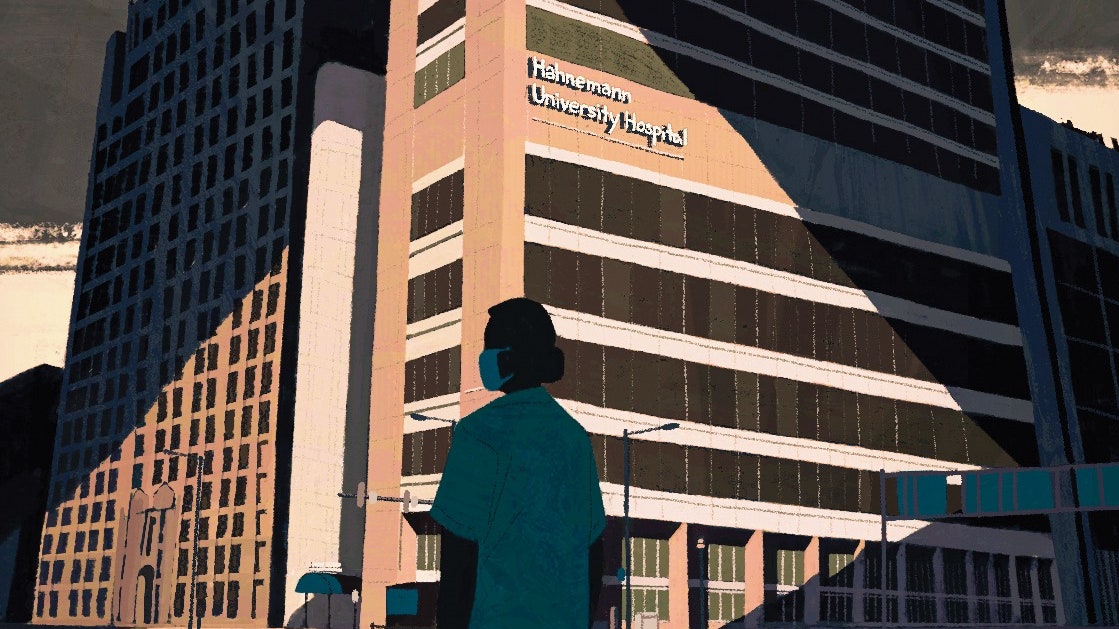Actually I think everyone would be surprised to know that doctors didn't really make a lot of money until the mid 80s. Before that clinical work was considered more of a public service than a business transaction.
From my copy of The Medusa and the Snail by Lewis Thomas:
"I had forgotten what things were like in the good old days of medicine, and how different...I found in the other day while glancing through the yearbook of my class at Harvard Medical School at the time of graduation, in 1937...Coons, as editor, decided to do something more ambitious for the yearbook than simply record the class statistics, and prepared a long questionnaire which was sent to all the alumni of the medical school from the classes which had graduated ten, twenty and thirty years earlier...To everyone's surprise 60 percent of the 265 alumni filled out the questionnaire and returned it...The findings of greatest interest, presented in some detail in the yearbook, concerned the net incomes of the alumni, which were, by the standards of the day, significantly higher than the AMA's figures for American physicians in general...We knew that interns and residents got room and board but no salary to speak of. We were glad to hear that Harvard graduates did better financially once out in practice...
The median net income of the group of 165 HMS graduates, ten to thirty years out of school, was between $5,000 and $10,000 a year (about 80K to 160K in today's dollars). In the ten year class, 43% made less than $5,000. Only five men earned over $20,000 (~300K c. 2015) and a single surgeon, twenty years out, made $50,000 (~700K). Seven graduates of the class of 1927 had incomes below $2,500 (below 40K).
The alumni were invited to send in comments along with the questionnaire, in a space marked "Remakrs", with the understanding that since so much of the form was directed at finding out how much money they were making they might like to say something about life in general. As it turned out, most of the "Remarks" were also about money, a typical comment being the following: 'I am satisfied with medicine as a life's work. However, I should recommend it only for the man who has plenty of money back of him. Many men never make much in medicine.' Forty one years ago, that was the way it was (LT wrote this in the 1970's)."
Everything in parentheses was written by me to provide 2015 dollars using a couple of online inflation calculators that seemed to roughly agree on those numbers. I bolded the bits I found the most interesting.

